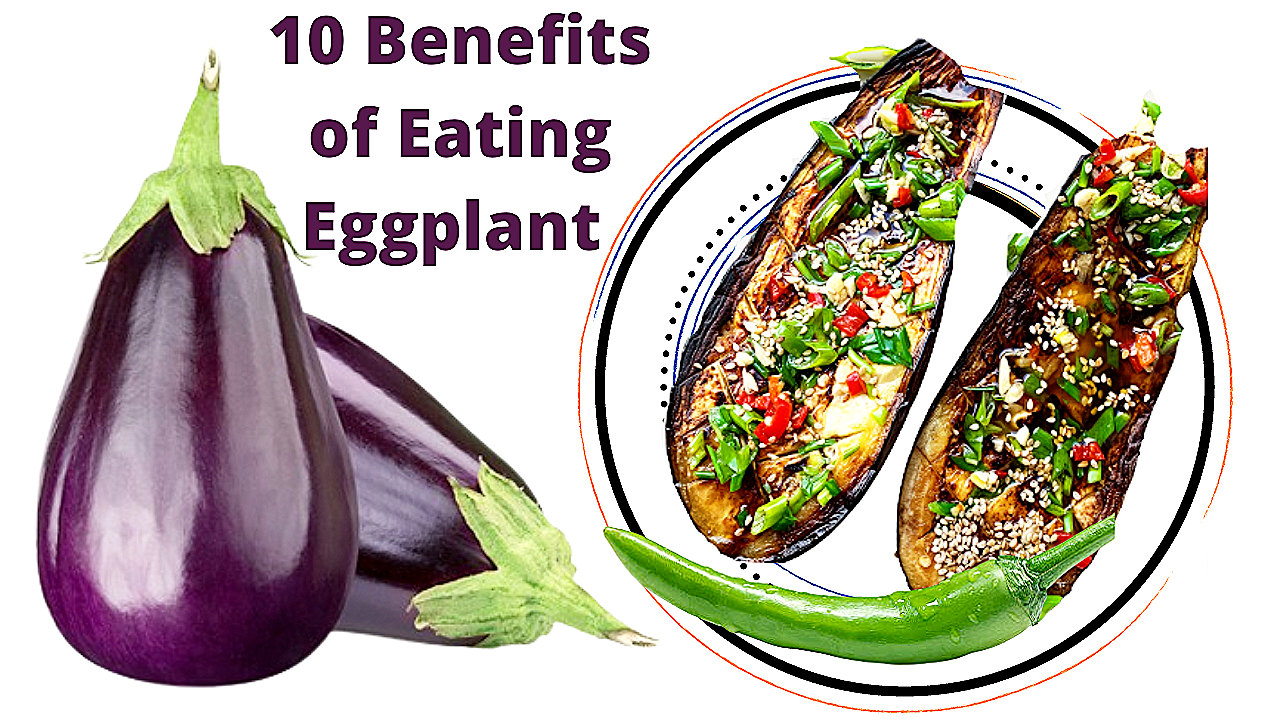There are some side effects of eating eggplant that need to be known.
Rp_News88..Eggplant is known for its health benefits. But beyond that, there are also some side effects of eating eggplant that need to be considered.
The benefits of eggplant for health are obtained because of the content of antioxidants, vitamins, and minerals in it. Eggplant intake can help improve heart health, improve diabetes, reduce cancer risk, and improve cognitive function.
In addition, eggplant is also able to help you lose weight, help protect children from birth defects, to fight certain types of cancer.
Eggplant Benefits for Health,
Here are some of the benefits of eggplant.
1. Improves heart health
A study conducted by the University of Connecticut School of Medicine found that both raw and cooked eggplant have cardioprotective properties. Nasunin which is a component of polyphenols in eggplant is beneficial for the heart.
Another study conducted on rabbits with high cholesterol found that eggplant juice could lower cholesterol levels. Also, consuming eggplant daily can control high blood pressure in stressed individuals.
2. Control blood sugar levels
Eggplant is a rich source of fiber and low in soluble carbohydrates. It can help regulate blood sugar levels and control glucose absorption. A study found that the phenolics in eggplant act as inhibitors of enzymes involved with type 2 diabetes.
3. Reduces the risk of cancer
The extract found in eggplant skin is rich in solasodine rhamnosyl glycosides (SRGs). These compounds have cancer-fighting properties and may help treat skin cancer.
4. Improve cognitive function
Phytonutrients in eggplant can protect brain cell membranes from damage. Phytonutrients can also facilitate the transfer of messages from one cell to another, thereby maintaining memory function.
5. Helps lose weight
Another health benefit of eggplant is weight loss. This benefit is obtained from the high water content and low calories in eggplant.
6. Improve eye health
Eggplant is rich in lutein which acts as a color pigment in the human eye (macula and retina). Antioxidants can prevent age-related macular degeneration, which is a leading cause of blindness and visual impairment.
7. Improve bone health
Eggplant can help increase bone mineral density and reduce the risk of osteoporosis. These vegetables contain nutrients such as calcium, magnesium, and potassium which can help increase bone strength.
8. Help treat anemia
Iron deficiency is one of the most common causes of anemia. Eggplant is one of the vegetables that are rich in iron and copper.
These two minerals work together effectively to aid in the proper production and distribution of red blood cells, thereby increasing energy and hemoglobin levels.
9. Prevent birth defects
Eggplant contains folic acid which is important for pregnant women. Intake of foods rich in folic acid can help prevent birth defects. Folate deficiency can cause abnormalities in the mother and fetus.
10. Improve skin health
Eggplant is rich in vitamins, minerals, anthocyanins (natural plant compounds), and antioxidants. Anecdotal evidence suggests that these compounds can help make skin more radiant and slow down aging. However, there is no scientific evidence to verify this claim.
Side Effects of Eating Eggplant.
More Dieting? Consumption of these 7 delicious foods will help you lose weight faster
How to Lower Cholesterol with Lime, Here's the Explanation
6 Powerful High Cholesterol Lowering Fish and How to Process Them


